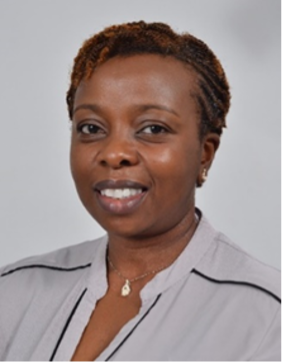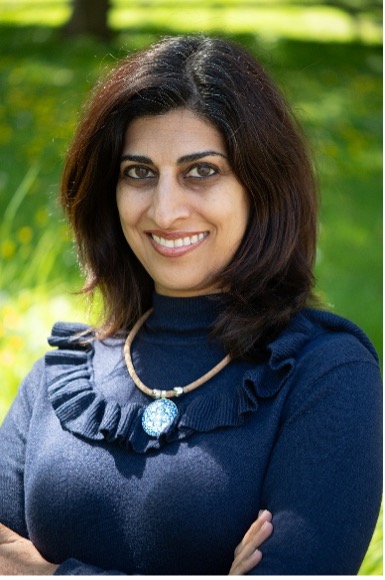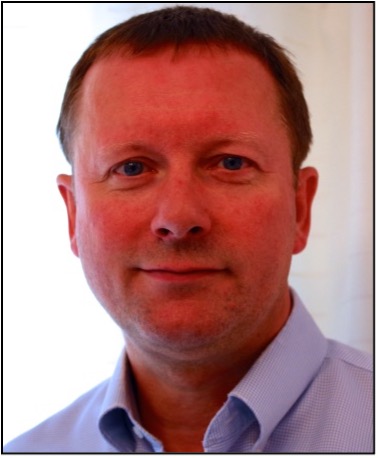Frequently Asked Questions
What web browser should I use?
The Open edX platform works best with current versions of Chrome, Edge, Firefox, Internet Explorer, or Safari.
See our list of supported browsers for the most up-to-date information.
Does this MOOC session deliver a certificate or do I get academic credits?
Currently, this course does not offer academic credit.It does offer a certificate of completion.
Is this TDR MOOC session free?
The MOOC is completely free. You can also leave the MOOC at any time without penalty.
How long does it take to complete this course?
This course is fully self-paced, meaning you can go through the content as quickly or as slowly as you would like. We estimate you will need 2 to 3 hours to complete the full course, with some participants needing more time and some participants needing less time.
Is the MOOC session taught live? Do I need to connect in at a specific time or can I participate when it is convenient for me?
This MOOC session is not live-streamed. Participants do not need to log in at specific times of day to participate and watch the videos, which means that you can take the MOOC in a way that is convenient for you.
Are there tests or assignments?
Yes. you will need to complete the tests and assignments to get a certiciate of completion.
© WHO 2018
This e-learning training was developed by TDR in collaboration with WHO. The training is intended as a self-learning course on Research Communication.
All reasonable precautions have been taken by TDR to verify the information contained in this e-learning. However, the e-learning is being distributed without warranty of any kind, either expressed or implied. The responsibility for the interpretation and use of the material lies with the reader. In no event shall WHO be liable for damages arising from its use.
The authors alone are responsible for the views expressed in this training package and they do not necessarily represent the decisions, policy or views of the World Health Organization.





